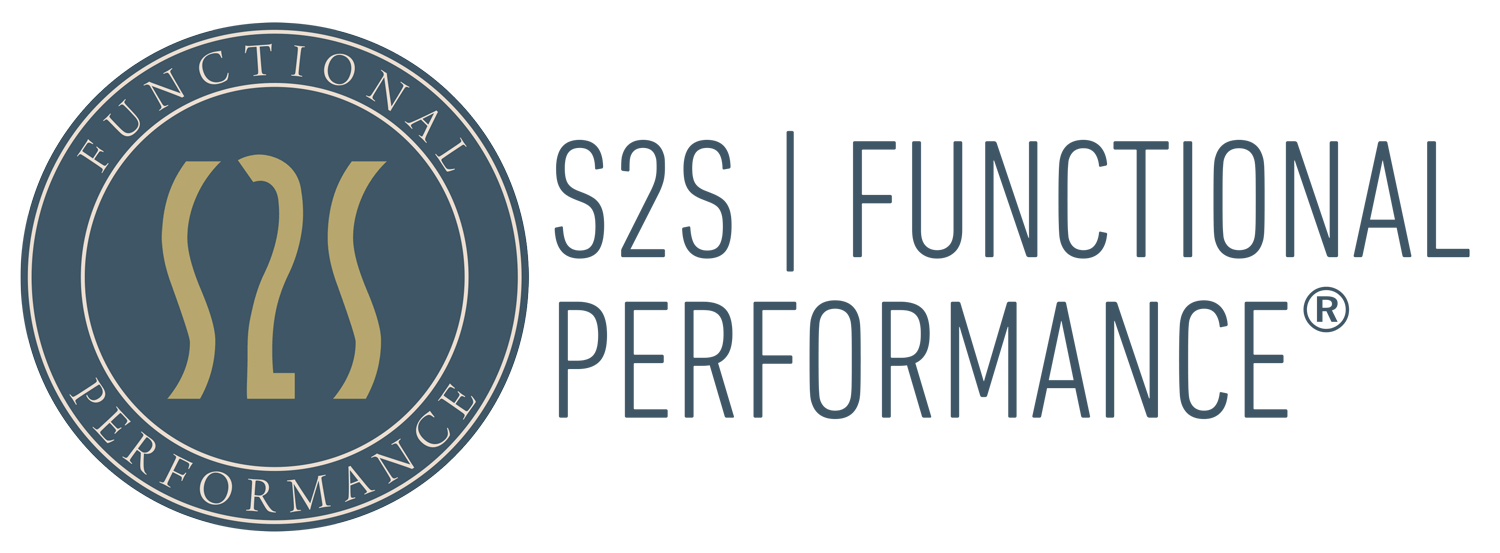The Rotator Cuff (RC) (not the rotatory cup or tater cup) is a common name for the group of 4 muscles which provide strength and stability during motion of the shoulder. You may hear them also referred to as the “SITS” muscles (Supraspinatus, Infraspinatus, Teres minor, and Subscapularis,).
The muscles arise from the shoulder blade and connect to the head of the humerus (upper arm), forming a cuff around the shoulder joint.
The RC muscles are each used in a variety of arm movements including flexion, abduction, internal rotation and external rotation. They are essential players in almost every type of shoulder movement. Balanced strength and flexibility in each of the four muscles are vital to maintain functioning of the entire shoulder girdle.

RC injuries are common injuries that can occur at any age. In younger subjects, most injuries occur secondary to trauma or arise from overuse due to overhead activities (e.g. volleyball, tennis, pitching). Incidence of injuries increases with age, however some individuals with rotator cuff injuries may not have symptoms. With age, the RC muscles can fall victim to muscle degeneration, impingement and tearing. Poor mechanics and poor posture can affect the integrity of the RC muscles and tendons due to repetitive strains and tissue encroachment.
Questions or Concerns? Call S2S Functional Performance® Physical Therapy, we would be glad to assist you.

